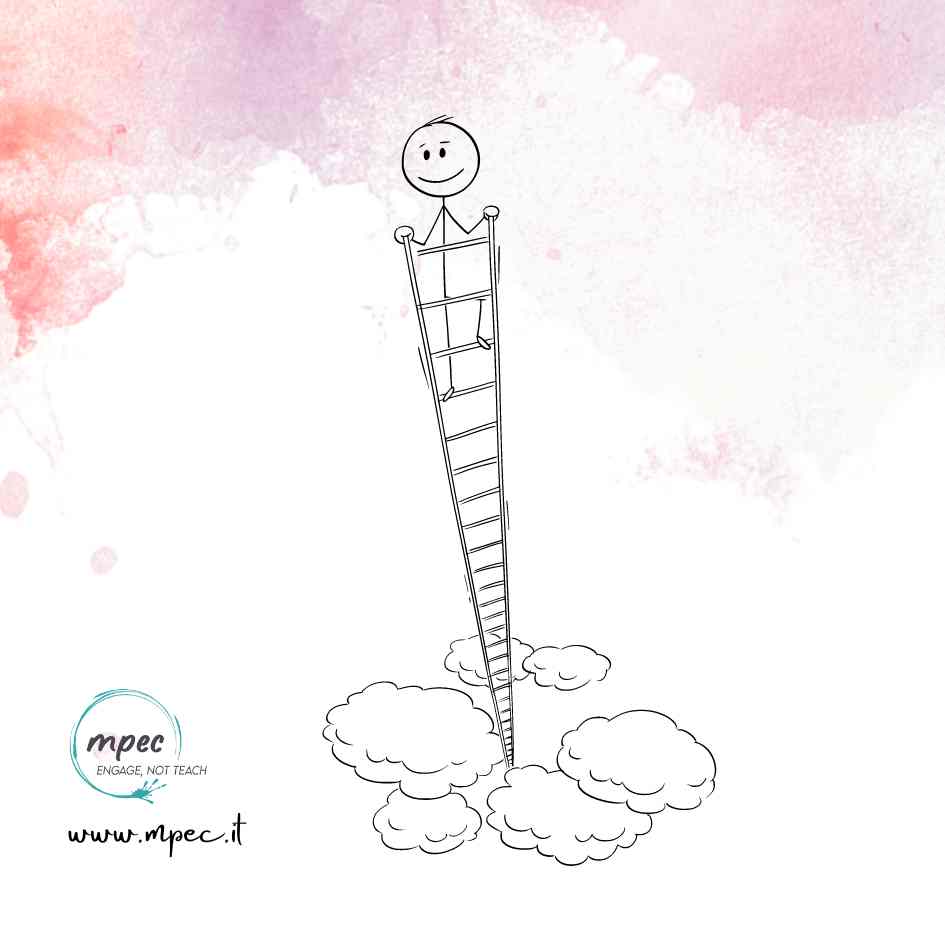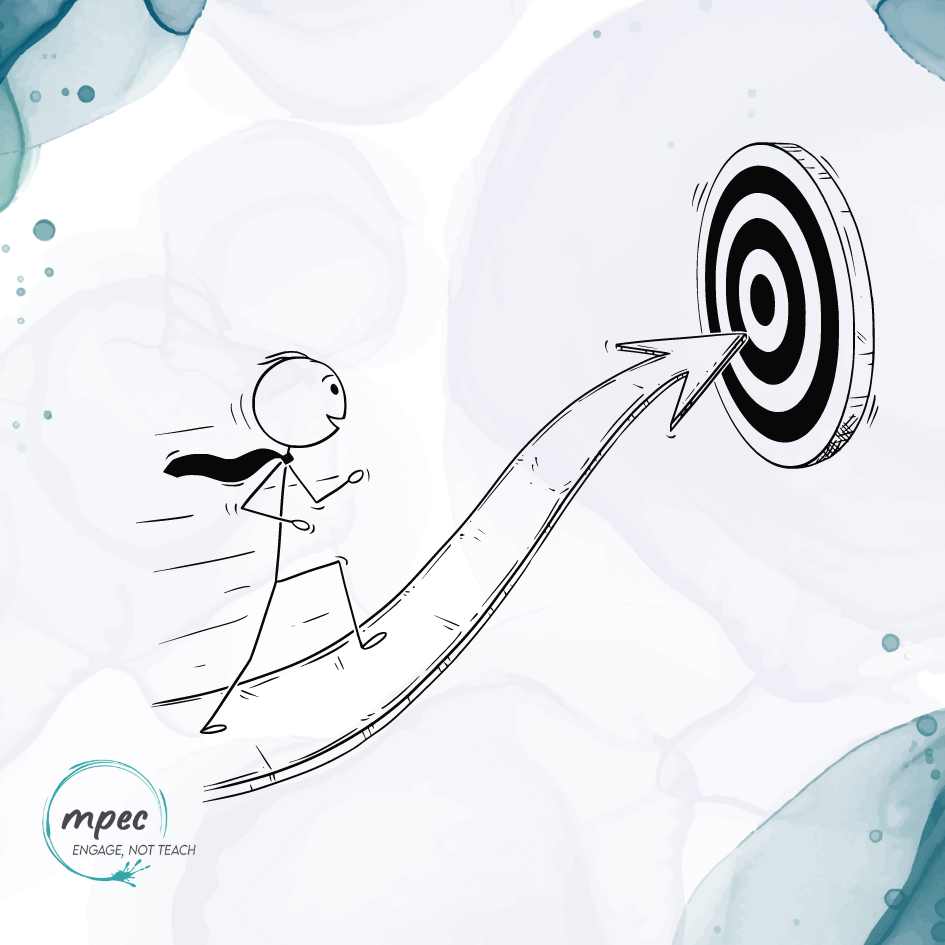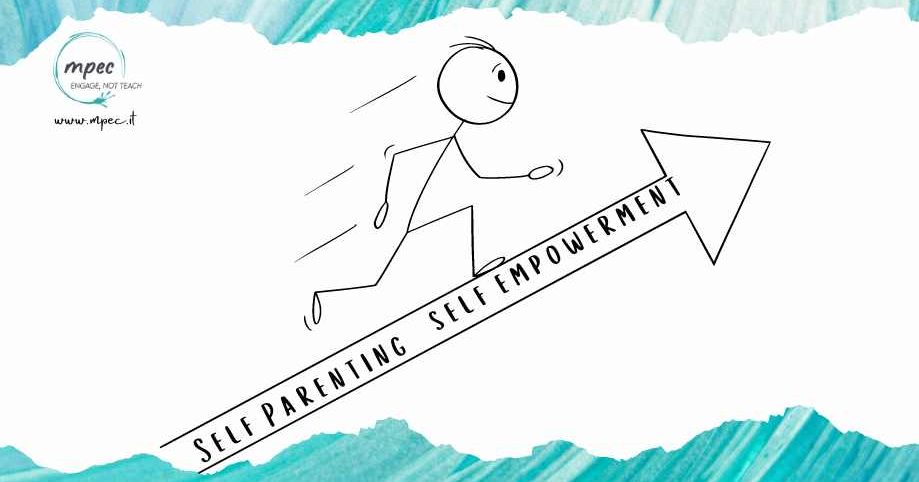Are you feeling stuck or struggling to overcome personal challenges? Perhaps you’re not sure whether you need to focus on healing past wounds or building your confidence and skills for the future. Understanding the concepts of self-parenting and self-empowerment can illuminate your path to personal growth. Both approaches are valuable, but they serve different purposes in your journey towards a more fulfilled self.
What is Self-Parenting?
Imagine you could go back in time and offer support to your younger self during tough times. This is the essence of self-parenting. It’s a therapeutic approach where you nurture your inner child – the part of you that holds onto your childhood emotions and experiences. Have you ever felt a deep emotional reaction that seemed disproportionate to the situation at hand? This might be your inner child speaking.
Key aspects of self-parenting include:
- Comforting yourself just as a caring parent would. This can be through nurturing self-talk or engaging in comforting activities that soothe your inner child.
- Re-parenting yourself by providing the experiences or support you missed out on in childhood.
- Setting healthy boundaries to protect your emotional well-being
Ask yourself: What might my inner child need to hear right now? How can I provide love and support from within?
What is Self-Empowerment?
While self-parenting is about looking inward and healing, self-empowerment is about looking outward and building. It’s the process of developing the skills, confidence, and resilience needed to take control of your life. Empowering yourself means growing your capability to influence your own life and the world around you.

Key aspects of self-empowerment include:
- Developing new skills that enhance your ability to succeed in your personal and professional life.
- Setting and achieving goals that matter to you, which boosts your sense of agency and self-worth.
- Learning to be assertive, ensuring that your voice is heard and respected, without stepping on others’ rights.
Consider these questions:
What skills would increase my confidence? What goals have I been hesitating to pursue, and what’s holding me back?
How Do These Concepts Interact?
You might wonder whether you should focus on self-parenting or self-empowerment. The truth is, they often work best in tandem. Healing your inner child can provide a stable, secure emotional base from which to confidently engage with the world. Conversely, every step you take towards empowering yourself can make it easier to address and heal emotional wounds.
Which Approach Should You Choose?

Reflect on your current emotional state and life goals.
Do you find that past traumas are hindering your progress? If so, self-parenting might be where you need to start.
Or, are you looking to improve your situation at work or take on new challenges? Then, self-empowerment could be the way forward.
Why not start today by asking yourself:
What does my inner child need to heal? What skills do I need to develop to move forward with strength and confidence?
Embracing both self-parenting and self-empowerment can dramatically enhance your personal development. Each step you take in nurturing your inner child or building your skills is a step towards a more empowered and fulfilled you. Remember, the journey of personal growth is continuous, and every small step counts. What will your next step be?
The Neuroscience Behind This Approach
Self-Parenting
Neuroscience provides a solid foundation for understanding how self-parenting impacts the brain. Studies have shown that revisiting and nurturing childhood traumatic experiences can alter neural pathways associated with emotions and memory. Self-provided empathy and support can actually release hormones like oxytocin, known for their ability to relieve stress and promote feelings of calm and security. Through self-parenting practices, symptoms of anxiety and depression can be reduced, restoring damaged neural connections and promoting greater emotional well-being.
Self-Empowerment
From a neuroscience perspective, self-empowerment can be seen as a way to boost activity in the prefrontal cortex, the part of the brain responsible for complex planning, decision-making, and emotion regulation. Engaging in activities that increase one’s sense of control and competence can lead to increased production of neurotransmitters like dopamine, which are linked to motivation and pleasure. Furthermore, setting and achieving goals can strengthen neural circuits associated with self-efficacy, improving resilience and the perception of one’s personal effectiveness.
Why Am I Like This? Abandonment Trauma
Review MPEC
We love hearing from our students! If you’ve had a positive experience with MPEC and feel inspired to share, please leave us a review. Your feedback not only motivates us but also helps others find the support they need to succeed. Here is the link:
#SelfParenting #InnerChildHealing #SelfEmpowerment #PersonalGrowth #HealYourPast #BuildYourFuture #LifeSkills #MentalHealthAwareness #EmotionalHealing #EmpowerYourself
- Explore the transformative power of self-parenting and self-empowerment to heal your past and build a resilient future.”
- “Unlock the secrets to nurturing your inner child and enhancing your life skills for better mental health.”
- “Master the art of self-empowerment and self-parenting to overcome personal challenges and achieve your goals





